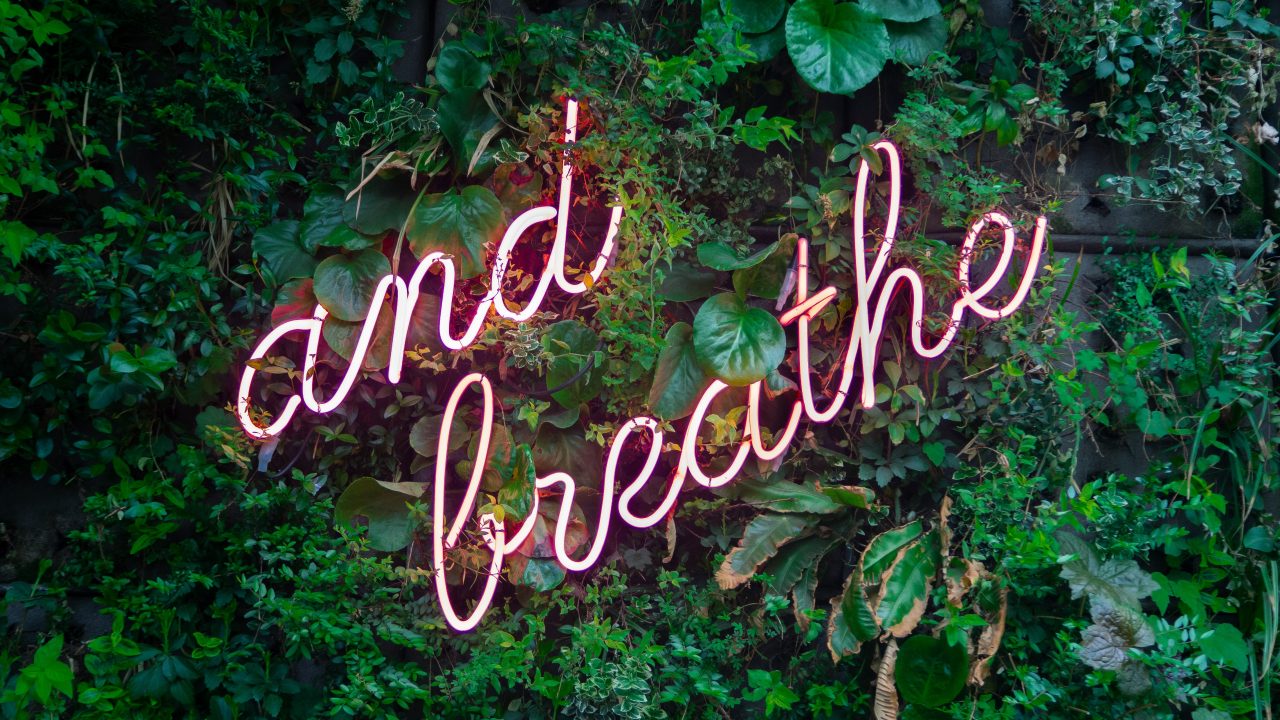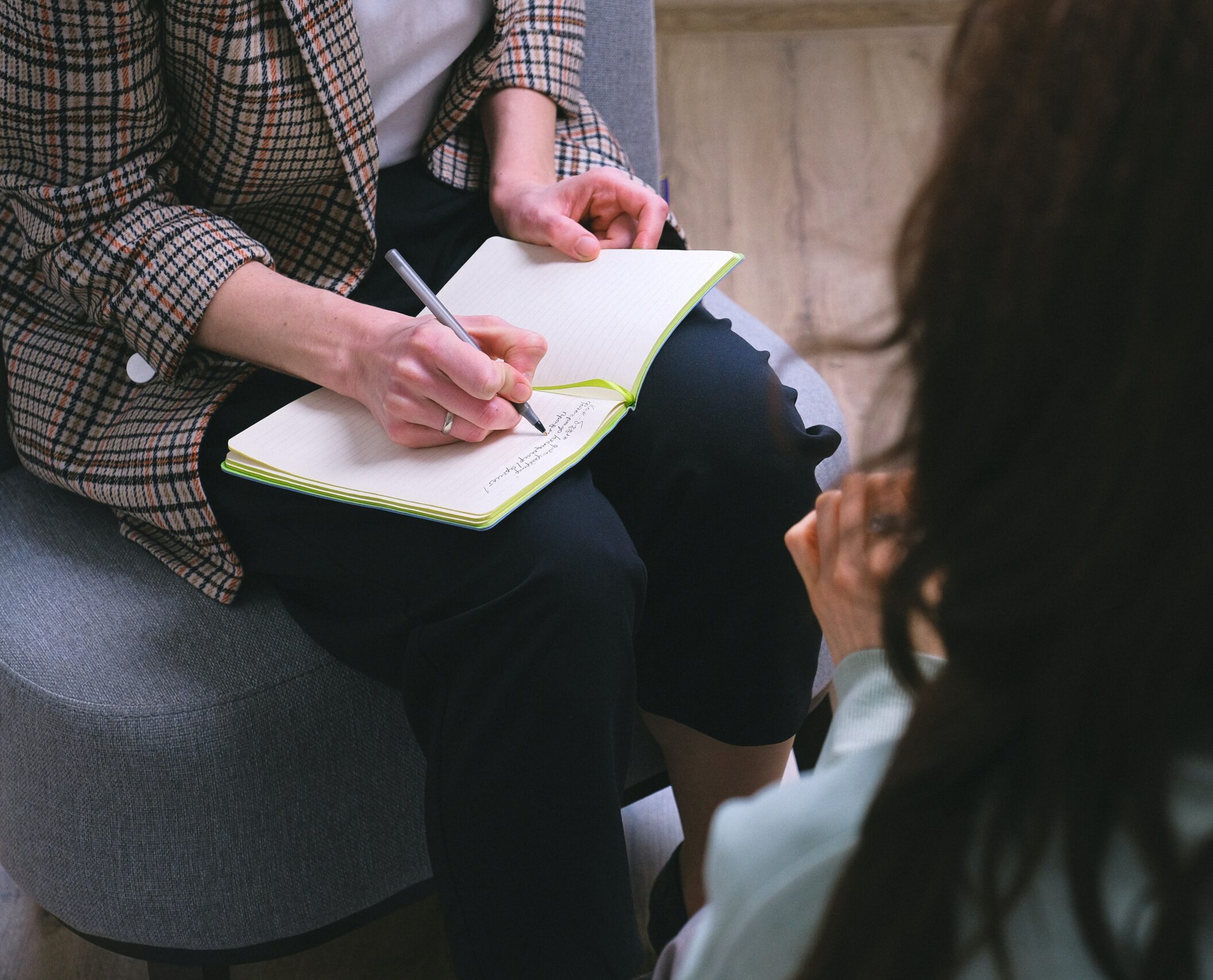Supporting Staff Wellbeing after Lockdown
Not all lockdown experiences have been equal. Rachel Holmes, AHUA Coach and Facilitator, explains the importance of taking a moment to pause, breathe, and share with your team to support their wellbeing and your own.


A tale of two lockdowns
How has lockdown been for you?
A coaching colleague was telling me last week about the very different experiences of two of his clients.
The first client, a BAME CEO of a successful small business, lost his father and then his brother to COVID-19 very early in lockdown. He was unable to be with them at the end of their lives and couldn’t attend their funerals.
His young daughter is immuno-compromised, meaning that the family continues to shield. He cannot currently envisage a time when he can return to lead his workforce in person. He is trying to grieve and manage the business at the same time.
The second client painted a very different picture.
Her family and two others, living in adjacent houses, combined forces to form a household bubble of six. They even temporarily removed fence panels between their gardens to allow their children to play together.
The adults shared the shopping, cooking, and homeschooling. They juggled working hours so that those who needed to could get their paid work done in (relative) peace and quiet.
In the evening, they shared a beer or a glass of wine together, and planned for the next day. The experience sounded almost idyllic.
Two lockdowns. Two very different experiences.
The same is true for AHUA members.
AHUA lockdown experiences
Life in lockdown has varied widely.
Members have undoubtedly risen to the incredible challenges posed by the pandemic. Many have thrived on the firefighting that became the norm in the early days.
But no two experiences are the same.
People have spoken variously of being energised, angry, frustrated, motivated, sad, and (above all) exhausted. Often, they felt these things on the same day.
The ‘coronacoaster’ effect has been all too real.
Worryingly, many are starting to notice the severe impact of this effect on their colleagues. Even those whom they’d always seen as the most resilient are being affected.
The most common challenges reported by AHUA members will come as no surprise:
- Video conferencing – The intensity of being on camera almost non-stop: tired eyes, headaches, tension from poor posture.
- Workload – The sheer pace and volume of activity, and the length of the working day.
- Demands – The expectation that one is always ‘available’ and can deliver by return… because what else would you be doing?!
- Isolation – The lack of ‘water cooler’ moments: those impromptu opportunities to catch up with someone, or sound out an idea.
- Uncertainty – The need to anticipate and tolerate a wide mix of staff domestic challenges.
- Boundaries – The lack of proper demarcation between ‘home’ and ‘work’ time.
- Multi-tasking – Juggling meetings, home schooling, and supporting elderly or vulnerable family and friends.
- Priorities – The tension between dealing with ‘now’ and planning for the future, especially when that future lacks clarity and changes hourly.
- Tension – The adrenaline rush of being at the heart of your institution’s response, and the difficulty of switching off.
- It may have been possible to sustain working in this way for a few months, but we will be living with this situation for a considerable time to come.
Things cannot continue in this vein without a big impact on staff wellbeing and morale.
How then can we best look after ourselves and our teams?
Host a wellbeing session
There is now a real need to stop, take stock, and learn from our lockdown experience.
One of the biggest challenges faced by leaders, this year and next, will be re-building teams who have had very different experiences of lockdown. Not all lockdowns have been equal, as shown in the introduction of this piece.
Moving too quickly to the next phase, without stopping to acknowledge this, represents a big risk to the health of your team.
My top tip would be to carve out some space that is dedicated to doing just this: understanding and appreciating the difference in people’s lockdown experiences.
Not another operational meeting, but a session in which you and your team can catch a collective breath, and really listen to one another, before looking to the future.
Consider whether you can hold this session in the same physical space if numbers and geography allow.
Perhaps combine it with a picnic (everyone bringing their own), so that there is a social element to coming back together. Clients of mine recently met at a local nature reserve, so that it didn’t become yet another Teams meeting.
If you cannot do this, think carefully about how to create a different atmosphere from your regular meetings. You might all take lunch into the garden, for example.
The following questions are a useful place to start:
- What words would you use to describe your lockdown experience?
- What has gone particularly well?
- What are you most proud of?
- What were the biggest surprises?
- What bad habits have crept into how the team works?
- What good habits do we want to continue?
- What are the top three changes that team members would like to see?
Ask colleagues to reflect on these questions in advance. They could share their feedback via an app such as Padlet, which saves time, and is interesting to look at. You need something that makes it easy to progress ideas afterwards.
Taking time out often feels like a ‘nice to have.’ It may feel hard to justify in the current environment.
However, it is essential to allow you and your team to keep doing the amazing job you’ve been doing since March.
Rachel Holmes is an AHUA coach and facilitator.
Related Blogs




1 Comment
James Rolfe